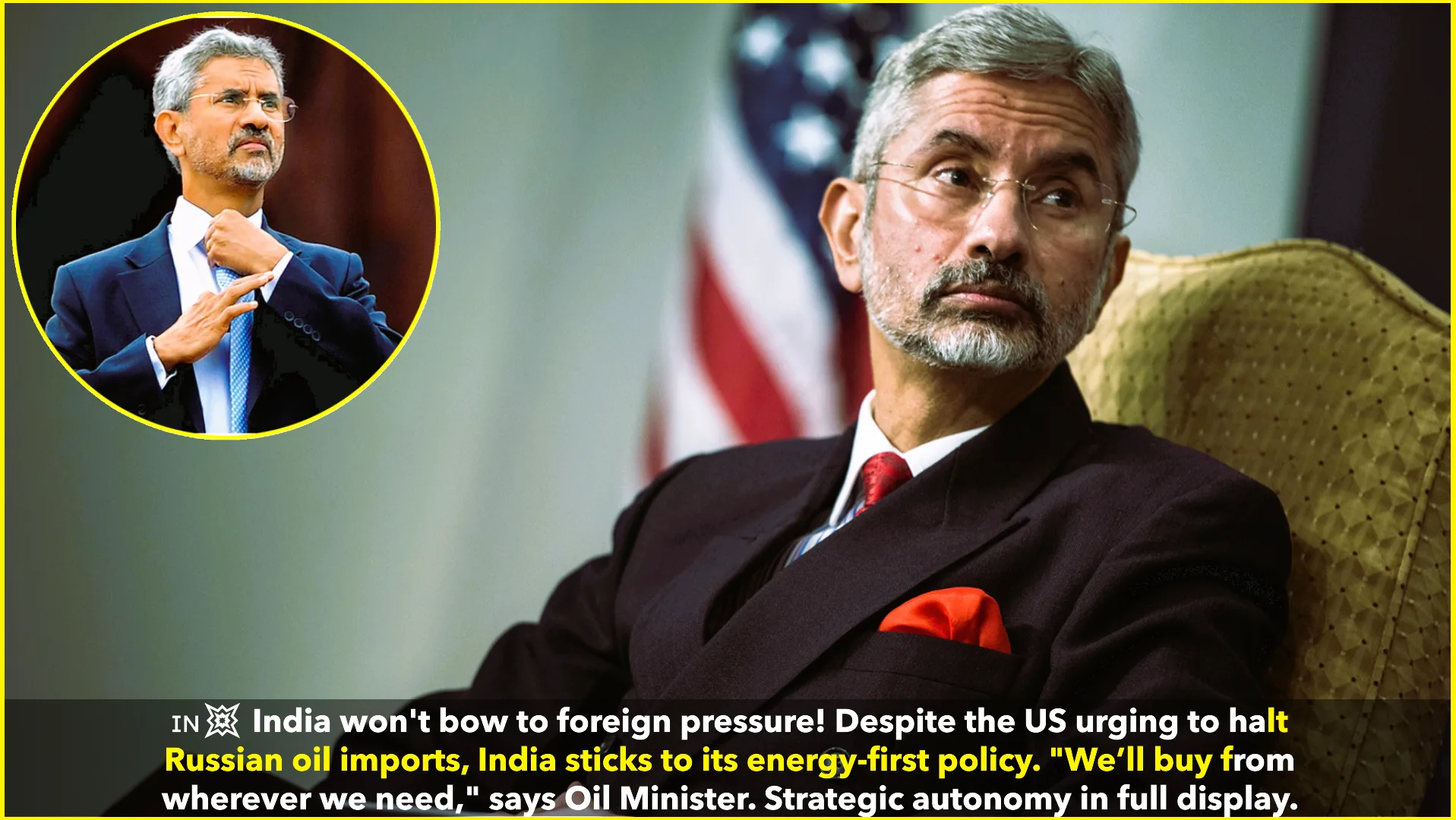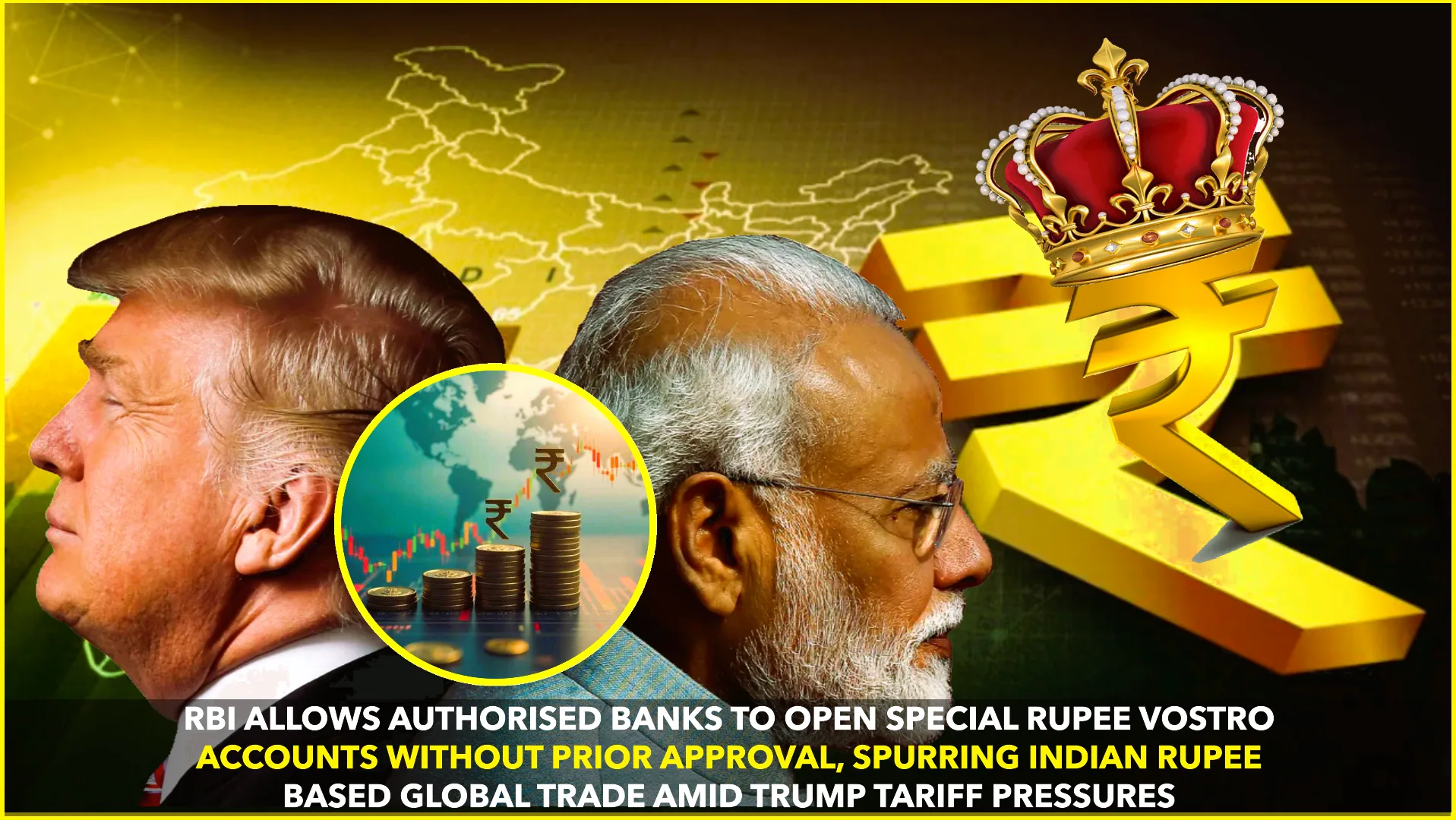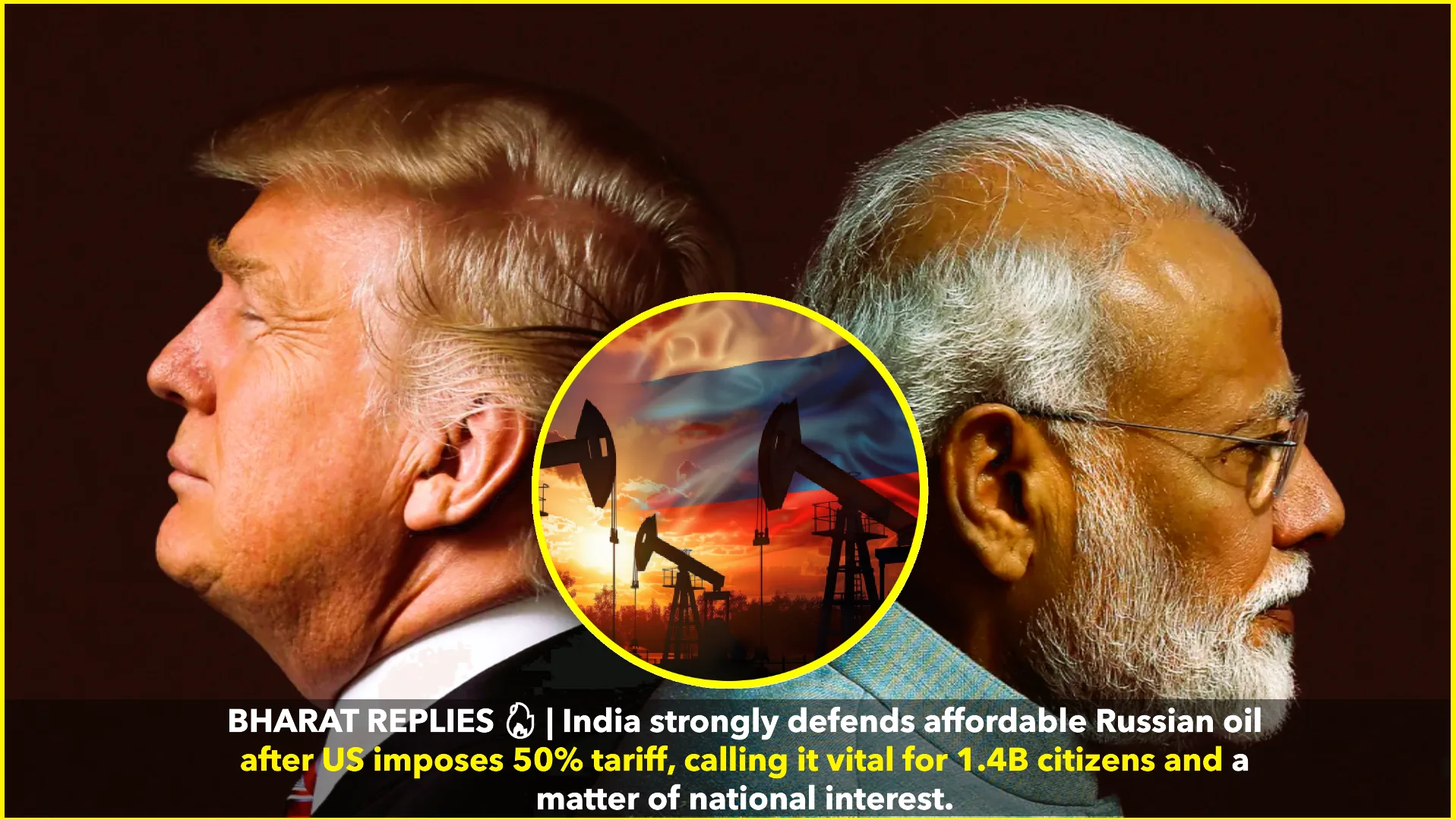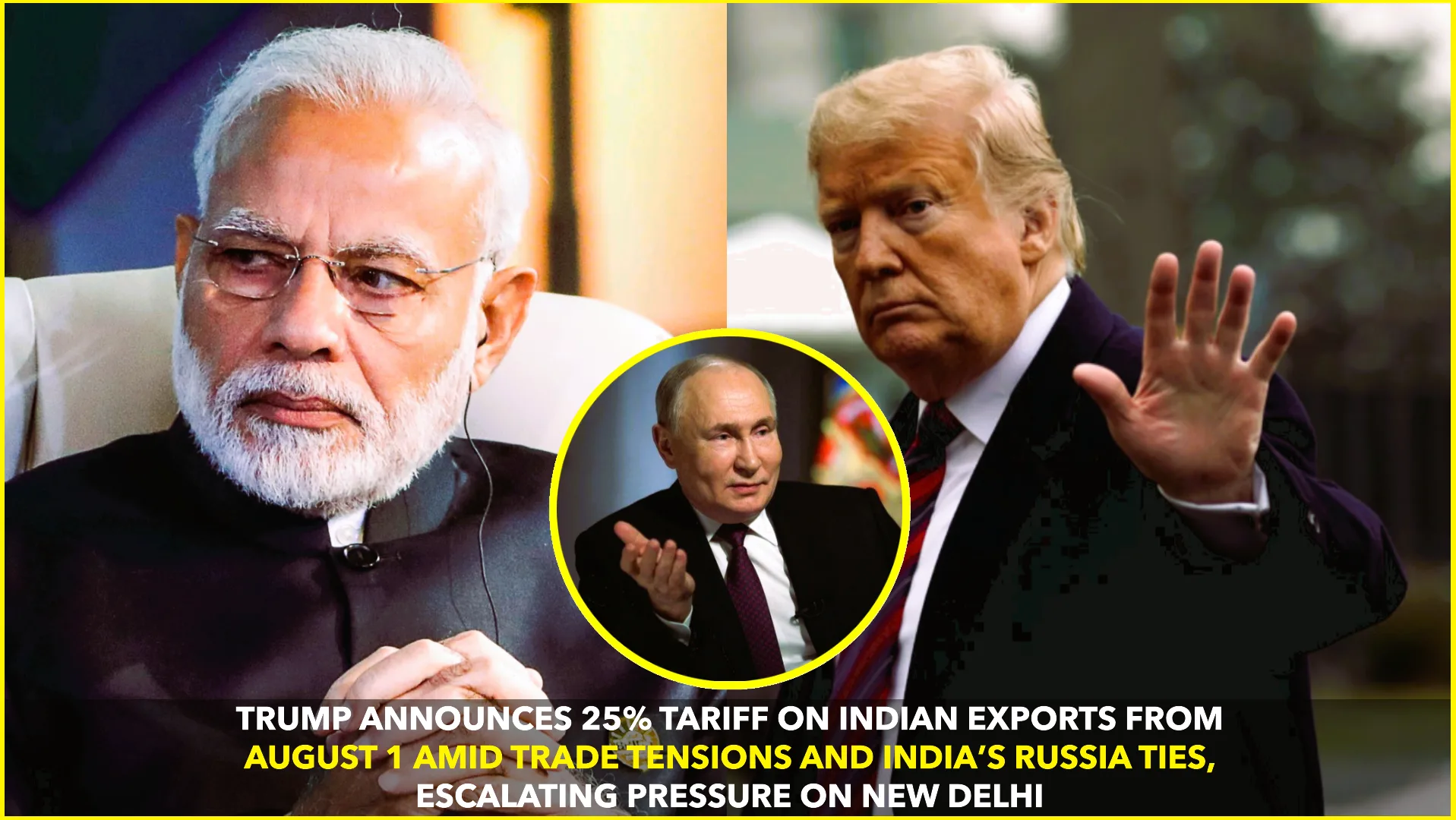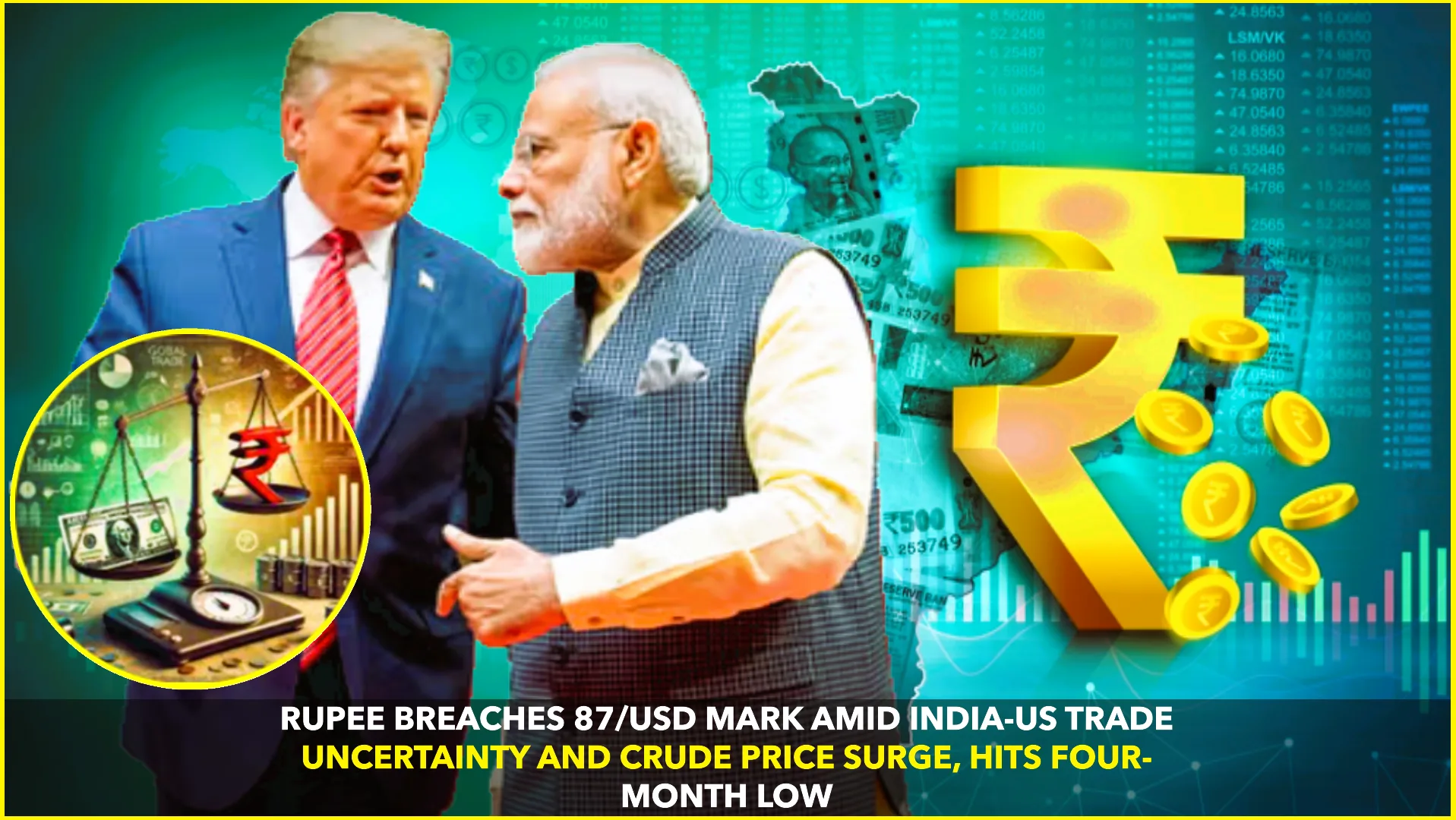Amid ongoing geopolitical tensions, India has firmly reiterated its position on continuing oil imports from Russia, despite increasing pressure from the United States to curtail such purchases. The situation has brought to light a critical energy diplomacy standoff between the world’s largest democracy and its strategic Western partner.
Over the past few months, the US has intensified diplomatic efforts urging New Delhi to reduce its reliance on Russian crude oil, citing the ongoing war in Ukraine and the West’s attempts to financially isolate Moscow. The pressure has come in the form of behind-the-scenes talks, public statements, and reportedly even suggestions of potential trade repercussions, including tariffs and limitations on certain Indian exports.
However, Indian officials have made it clear that the country’s energy policy will remain driven by its national interests, not external influence.
India’s Oil Imports from Russia Surge
According to data from energy analytics firm Vortexa, Russia has remained India’s top crude oil supplier since early 2023, accounting for more than 30% of total imports. With discounted prices being offered by Moscow in the wake of Western sanctions, India has ramped up purchases to safeguard its energy security and manage inflation.
Minister of Petroleum and Natural Gas Hardeep Singh Puri recently stated, “India will continue to buy oil from wherever it needs to. Our priority is to secure affordable and reliable energy for our people.”
India Rejects “One-Sided Narratives”
The Indian government has dismissed accusations of enabling Russia’s war efforts by buying its oil, pointing out that Europe continues to import Russian energy through various means, often at higher volumes.
External Affairs Minister S. Jaishankar has been vocal about the West’s “selective morality.” In a recent international forum, he remarked, “We have to ensure that the Indian consumer is not made to pay the price for geopolitical games played elsewhere.”
He emphasized that India has not violated any sanctions or international rules, and all oil transactions with Russia are carried out transparently.
Strategic Autonomy at the Core
India’s foreign policy has traditionally embraced “strategic autonomy”—a principle of not aligning blindly with any global bloc. The current oil issue underscores this approach, as India balances its relationships with both the US and Russia.
Though India and the US share strategic ties in areas such as defense, trade, and technology, New Delhi has signaled that it will not compromise on its sovereign decisions under foreign pressure.
US Remains Cautious Yet Persistent
US officials have maintained a cautious tone publicly, reiterating the importance of India’s partnership. Yet, sources within Washington have expressed frustration over New Delhi’s continued dealings with Moscow.
An unnamed US State Department official told Reuters, “We understand India’s energy needs but also hope that they will reconsider where they buy their oil from, considering the global implications.”
Still, the US has stopped short of announcing any punitive measures, likely due to the broader strategic value of its ties with India, especially in the context of China’s growing influence in Asia.
Conclusion
India’s defiant stance amid mounting US pressure signals a clear message: national interest and energy security will take precedence over geopolitical demands. As global energy markets remain volatile, New Delhi’s choices could shape not just its domestic economy but also global diplomatic alignments in the months ahead.






